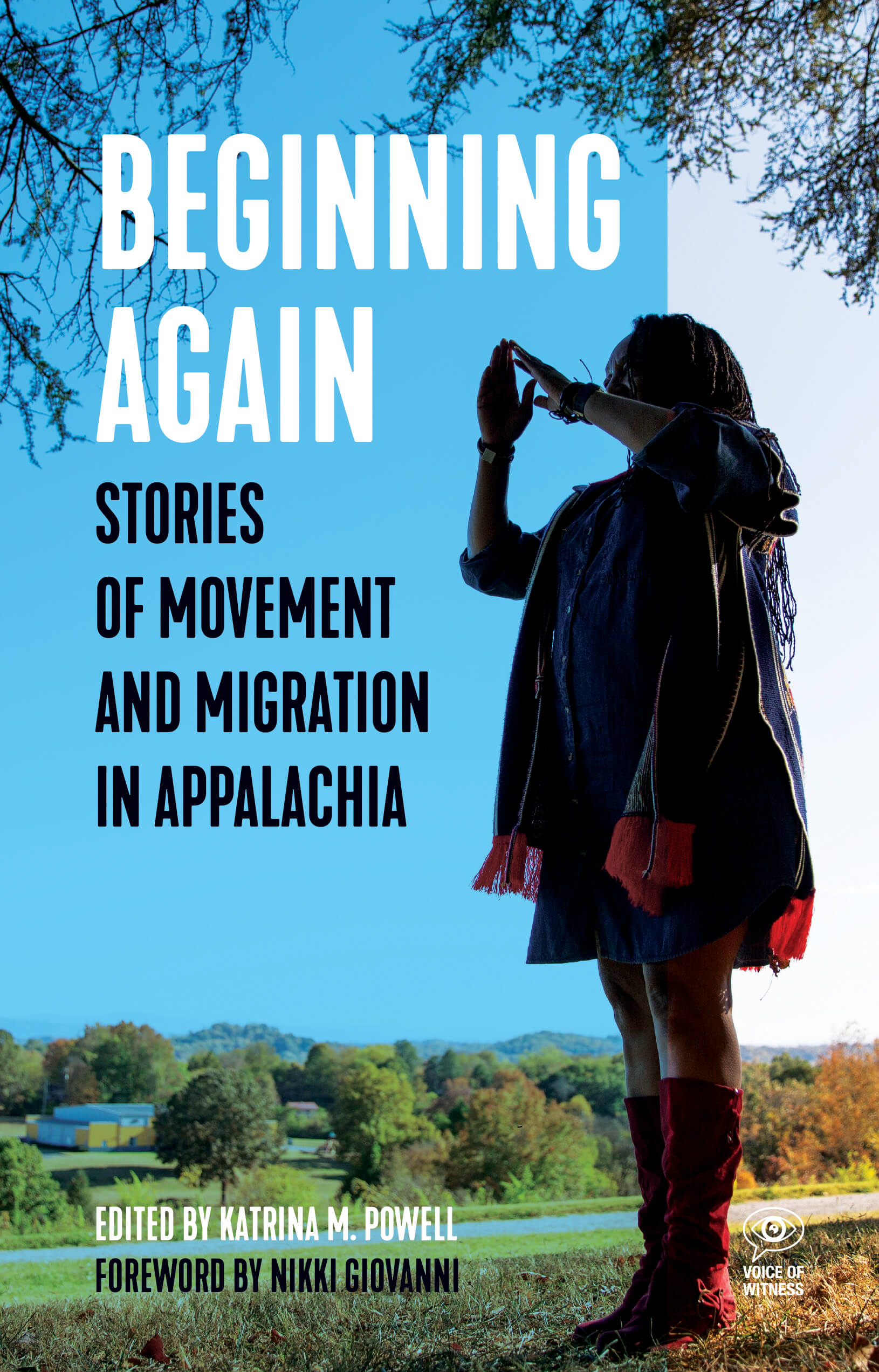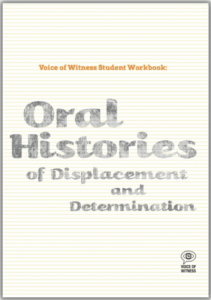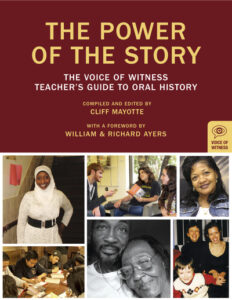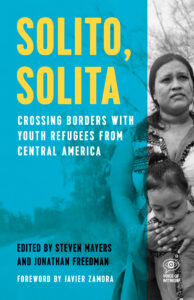The lessons in this unit explore oral history narratives from Beginning Again: Stories of Movement and Migration in Appalachia and examine the complexities of why people leave, why people stay, and the systemic factors that influence these choices. Looking beyond a single stereotype of Appalachian people, these lessons are rooted in an Ethnic Studies framework that dismantles dominant narratives and promotes critical thinking around not only the Appalachian region, but migration and displacement in general. These lessons will help your students explore the following questions:
- What does “home” mean to different people?
- How do we complicate the idea of Appalachia as a monolithic identity?
- What can we learn from amplifying diverse narratives in our community?
Grades: Flexible and adaptable for middle and high school, with additional resources for higher education. Lessons can also be adapted for English language learners.
Objectives:
- Students will use narratives to form a nuanced understanding of migration and displacement.
- Students will analyze oral histories to complicate their thinking around dominant narratives that represent Appalachia.
- Students will create a narrative tapestry that represents their classroom community and communicates the personal and group values from the book and their own experiences.
Download Free Curriculum
* Required fields
In a region historically marred by displacement and stereotypes, these poignant first-person narratives reveal a stunning, multidimensional Appalachia, a chosen home that illustrates the power of belonging.
Appalshop
education, media, and arts organization
About the Oral Histories
Beginning Again brings together first-person narratives of refugees, migrants, and generations-long residents that explore complex journeys of resettlement. In their stories, Appalachia is not a monolithic region stuck in the past, but rather a diverse place where belonging and connection are created despite displacement, resource extraction, and inequality. These oral histories present a more nuanced look at life in contemporary Appalachia, expand our ideas of who belongs, and counter damaging myths of the region.




